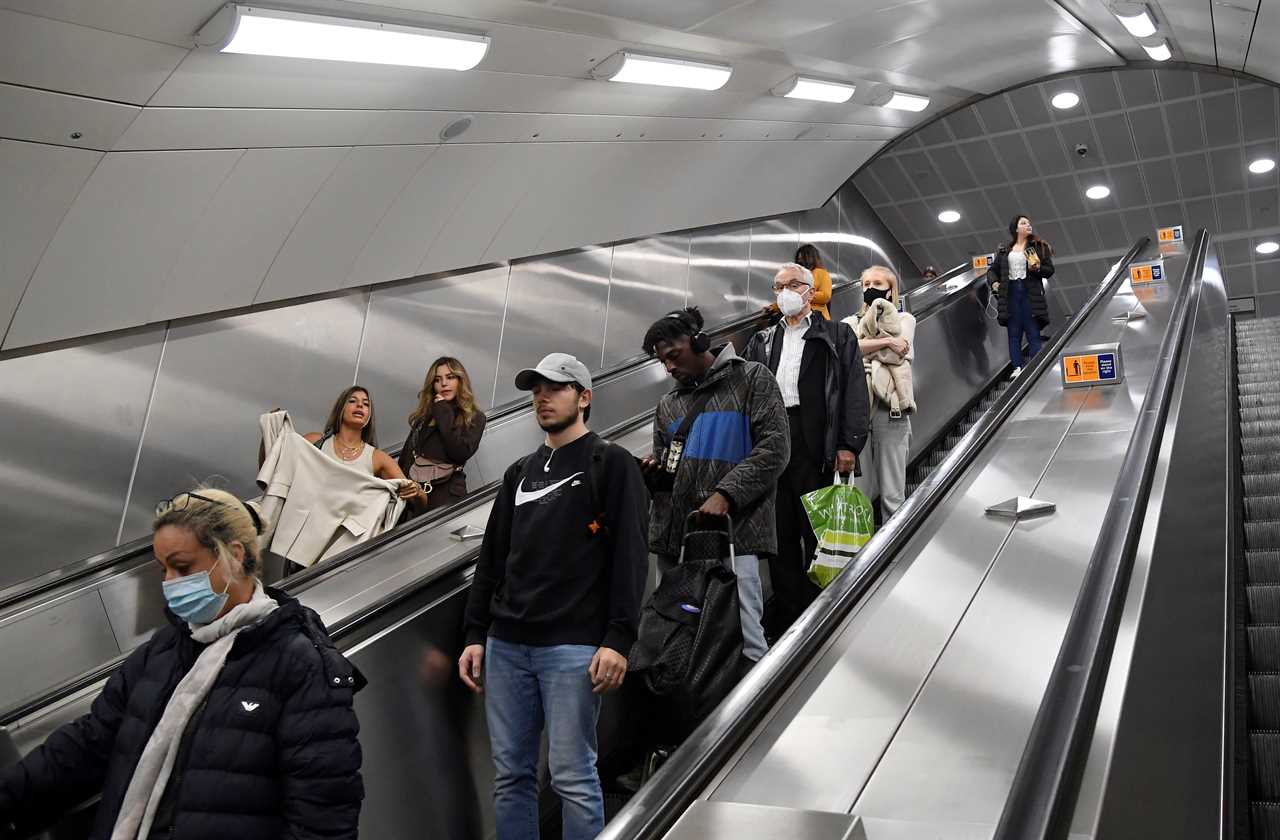A NEW ‘more contagious’ coronavirus subvariant of Delta is now under investigation by experts after a rise in cases.
Over 15,000 cases of the AY.4.2 variant have been detected as of October 20, the UK’s Health Security Agency said.

Evidence is still emerging and its not yet clear whether or not this lineage can cause more severe disease.
Delta still accounts for the majority of cases in the UK, but in the last week this new variant accounting for around six per cent of all new Delta cases.
The new official name for the subvariant is VUI-21OCT-01 and experts have said the decision to place it under investigation was due to the fact that it has become ‘increasingly common’ in the UK.
Evidence suggests that it may be spreading even faster than the Delta variant.
However the experts said that more evidence is needed to understand what this is down to.
It could, they say be the virus’ behaviour, or epidemiological conditions such as seasonality or other risk factors such as certain health conditions.
The genome of VUI-21OCT-01 doesn’t have as many mutations as Delta but the experts say even a small change could make a difference when it comes to how the virus spreads.
Dr Jenny Harries, Chief Executive of the UK Health Security Agency said that it’s normal for viruses to mutate.
She explained: “It is not unexpected that new variants will continue to arise as the pandemic goes on, particularly while the case rate remains high.
“It is testament to the diligence and scientific expertise of my colleagues at the UKHSA, and the genomic sequencing capacity developed through the pandemic, that this new variant has been identified and analysed so quickly.
“However, it should serve as objective evidence that this pandemic is not over.”
The advice to the public remains the same as other variants and Dr Harries urged people to continue to get their vaccines and for those eligible to come forward for their booster shots.
She added: “Continue to exercise caution. Wear a mask in crowded spaces and, when meeting people indoors, open windows and doors to ventilate the room.
“If you have symptoms take a PCR test and isolate at home until you receive a negative result.”






